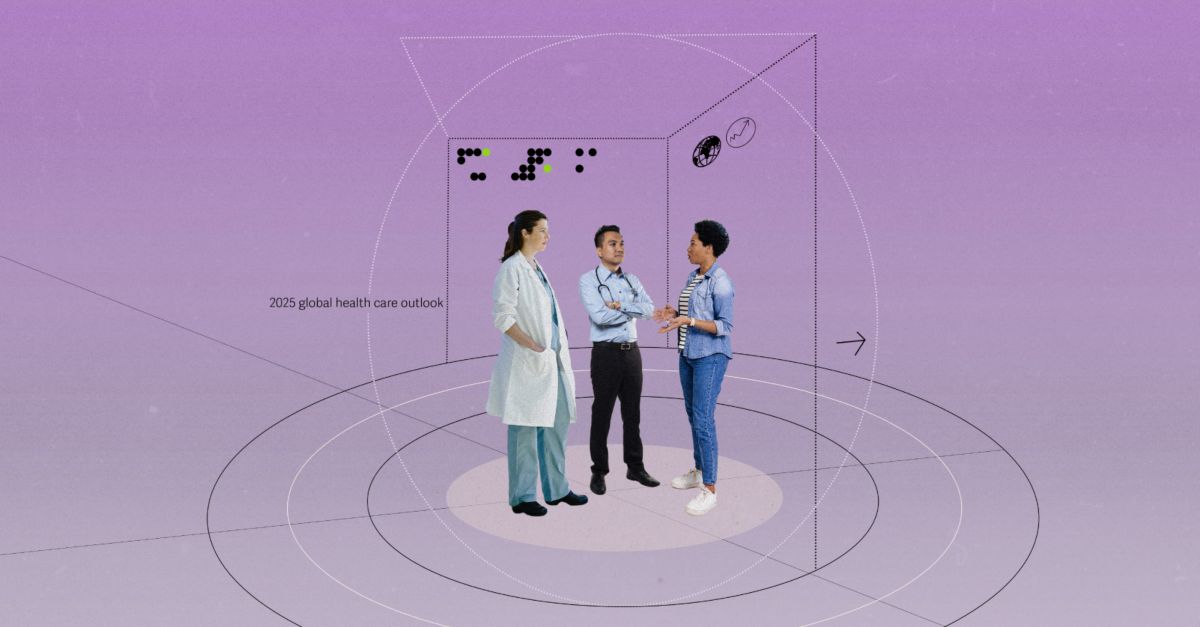The Impact of COVID-19 on Global Healthcare Systems and Lessons Learned

The COVID-19 pandemic has tested the resilience of healthcare structures worldwide, exposing weaknesses and revealing areas for improvement. In particular, the United States has faced significant challenges and learned valuable lessons. These experiences have broader implications for the future of global health, stressing the importance of robust healthcare systems, international collaboration, and an unwavering commitment to public health.
Healthcare System Weaknesses and Inequalities
One of the most striking revelations of the pandemic was the chronic underfunding of public health agencies in the US. This, coupled with racial and ethnic inequalities in mortality rates, has brought to light systemic issues within the healthcare system. The pandemic has laid bare the racial capitalism and diminished political will that has exacerbated health disparities in the country. Black, Hispanic, and immigrant workers, in particular, have been disproportionately affected due to inadequate protections.
Impact on Frontline Workers
Frontline healthcare workers bore the brunt of the pandemic, often working in challenging conditions and facing elevated risks. Their protection was, unfortunately, often inadequate, leading to preventable deaths and illnesses. The lack of access to personal protective equipment (PPE) and vaccines, coupled with unclear guidance on viral transmission, has underscored the need for better protections and systemic reforms. A more robust regulatory system could have saved many lives and must be a priority moving forward.
Steps Towards Future Preparedness
Despite these challenges, steps have been taken to ensure better preparedness for future health crises. Establishments such as the Bureau of Global Health Security and Diplomacy and the White House Office of Pandemic Preparedness and Response Policy have been set up. There is also bipartisan consensus and key leaders dedicated to reforming the healthcare system and strengthening the US’s role in global health.
Scientific Lessons and the Importance of Global Collaboration
COVID-19 has produced a wealth of scientific and policy lessons. Dr. Anthony Fauci, a leading figure in the US response to the pandemic, emphasized the importance of understanding virus mutations’ unpredictability and the effectiveness of mRNA vaccines. He also highlighted the necessity for continuous preparedness in the medical field for future health crises.
The pandemic has also showcased the importance of global collaboration and cooperation. Early detection, resilience of healthcare systems, vaccine development and distribution, strengthening public health infrastructure, and crisis communication strategies have emerged as critical areas. Additionally, international cooperation, early warning systems, research and development, reforming international health organizations, establishing a global health security framework, investing in regional and local capacities, and public health education are key components of future preparedness strategies.
In conclusion, the COVID-19 pandemic has presented numerous challenges but also opportunities for reform and learning. As we move forward, the lessons learned will be instrumental in shaping the future of global health and ensuring that we are better prepared to handle future health crises.
link






